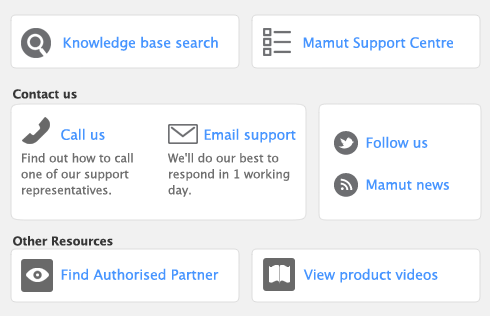Time billing is suitable for businesses that predominantly sell time —such as accountants and lawyers) —and businesses that sell both time and items —such as interior designers and mechanics).
You can specify billing rates based on the activity itself, such as consulting at £40 per hour and photocopying at 8 pence per copy. You can also specify billing rates based on an hourly charge-out rate for a particular employee or customer. For example, the employee John Smith’s hourly consulting rate may be £60 per hour and subcontractor Acme Industries’ charge-out rate may be £80 per hour. You can even set an underlying cost to the activity where, for example, you estimate that the hourly cost to employ John Smith is £45 per hour and Acme is £60 per hour.
An activity can be chargeable or non-chargeable. The ability to track non-chargeable activities can be useful if you want to record such costs as entertainment, which generally cannot be charged to the customer.
The time billing feature makes it easy to enter and collate the activities undertaken for customers. The activities can be entered individually or grouped together on activity slips. You can then generate time billing invoices, ready to send to your customers. Activities can be entered individually or grouped together on activity slips. You can then generate time billing invoices, ready to send to your customers. Any items that you have sold to your customers can also be included with the activities in a single time billing invoice.
You can also record the hours an employee works on an activity when you create an activity slip, and then include these hours in the employee’s pay.
Time billing reports can be filtered to give you just the information you want. These reports monitor how you and your staff spend your time and whether it is spent profitably.


